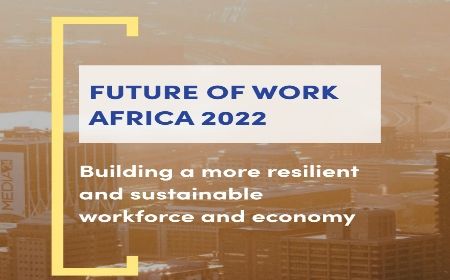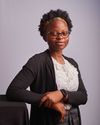African Startups Selected for Future of Work Africa Accelerator Programme By Village Capital

Village Capital in cooperation with Moody Corporation has just set in motion the second (2nd) edition of its accelerator programme dubbed Future of Work Africa. The programme has already selected about Forty-five African startups that target market-based and profit-building solutions in the employment and education sectors. The startups selected already run with the vision to enable African youths to prepare accurately for a better workplace in Africa’s future.
The accelerator programme equips the selected startups with opportunities for self-taught training, impactful support and connections with mentors.
About One Hundred and Ninty-Six startups were selected for the program, of which Forty-Five (45) Africans were selected. The selected Africans come from Twenty-three countries across the continent.
The selected startups will be attached to mentors, work closely with potential clients, and connect with possible partners. They will also be exposed to investors who can help accelerate their impact, through the use of up-to-date tools to enhance development, such as Abaca by Village Capital.
Few Of The Selected Startups
- Chuuse: This is a Nigerian startup that is building a hybrid school to enable young Africans to learn at ease through edu-tech. the platform equips Nigerian youths with skills needed in tech.
- Farwell Innovation Limited: A Kenyan startup that develops web portals and encrypted tech-enabled platforms for corporations.
- Fundis: This is a Kenyan platform that matches employers and employees/freelancers as gigs. The platform vets applicants and links them with credible employers, thereby tackling employment in Africa.
- UmuravaWork: This Rwanda-based, pan-African custom-tailored talent marketplace. It links Top freelancers in Africa with Jobs. It identifies as a Workforce Outsourcing platform.
Village Capital’s Programme Manager for Africa, Audrey Mate, stated, “Meaningful employment for African youth is foundational to improving financial health and driving a strong economy. With one-third of the 600 million young people entering the global labour market by 2030 projected to be young Africans, there’s a great need to strengthen models that bridge the skills gap, enhance employability, and prepare job candidates for the shifting job landscape. Entrepreneurs across the region are already developing scalable solutions and we’re proud to continue supporting them through this program.”
